199 Views
Molybdenum
Description
Molybdenum is present in very small amounts in the body. Stored in the spleen, liver, kidneys, skin and muscle.
Molybdemun is included in the development of the nervous system, waste processing in the kidneys and energy production in the cells.
Molybdenum is a trace mineral and is found in the following foods in varying degrees depending on the soil content in the growing area. : milk, cheese, cereal grains, legumes, nuts, leafy vegetables, and organ meats.
Function
An anti-oxidant molybdenum protects the body from the toxic effects of chemicals
For the transport and storage of iron in the tissues
Aids in the breakdown and metabolism of sulphur containing amino acids – homocysteine, cysteine, methionine, and taurine
The safe conversion of the toxin sulphite into its safe form sulphate
Aids in the breakdown of proteins
Molybdenum has an important role in body functions
Necessary for the activity of xanthine oxidase, sulfite oxidase, and aldehyde oxidase.
Medicinal and therapeutic Uses
Treatment of anaemia
For dental health
Anti- cancer activity
Anti- tumour activity
Energy creation with in the cells
Treatment of Wilson’s disease
Ease the bad side effects of cancer drugs
How does it work?
Molybdenum works in the body to break down proteins and other substances. Molybdenum deficiency is very uncommon.
Molybdenum has an important role in normal body functions, but there is not enough information to know how it might work for any medical condition.
Deficiency Effects
Tachycardia, tachypnea, headache, nausea, vomiting, and coma
Note:
Molybdenum is LIKELY SAFE when taken orally not exceeding 2 mg per day, for adult dose.
However, molybdenum is POSSIBLY UNSAFE when taken in high doses exceeding 2 mg daily or an adult.
Special Precautions & Warnings:
Pregnancy and breast-feeding: A reduced dosage of 1.7 mg per day is recommended.
Children: For children, the recommended daily allowance is 0.3 mg per day for children 1 to 3 years, 0.6 mg per day for children 4 to 8 years, 1.1 mg per day for children 9 to 13 years, and 1.7 mg per day for adolescents.
Gout:
Excessive doses of molybdenum in the diet such as 10 to 15 mg/day, and/or industrial exposure to molybdenum, may cause gout.
The use of Molybdenum supplements may make gout worse.
Good Food Sources
Legumes, beans. Peas, grains, nuts, lentils and animal products, fruit and vegetables to a lessor degree

